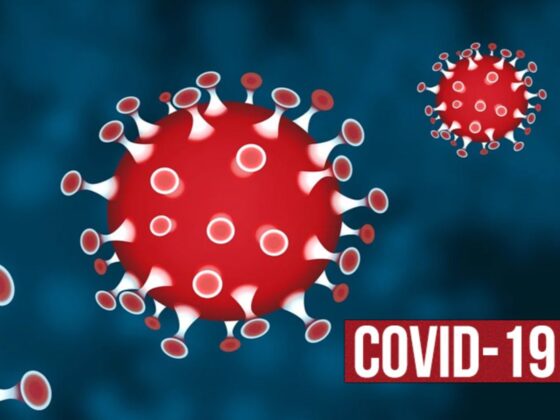New Delhi, 16 November 2024: India was one of the 57 countries that witnessed large disruptive outbreaks of measles in 2023 — and with 65,150 cases, the country was second only to Democratic Republic of Congo, according to the latest report by the World Health Organisation and US Centres for Disease Control and Prevention (CDC). Globally, the incidence of the infection has gone up by 20%, with 10.3 million measles cases recorded in 2023, according to the report.
Measles Statistics: A Closer Look
As per the latest report from the World Health Organization (WHO) and the US Centers for Disease Control and Prevention (CDC), India reported an alarming 65,150 measles cases in 2023, making it the second most affected country, trailing only behind the Democratic Republic of Congo. On a global scale, measles cases have increased by 20%, with a total of 10.3 million cases documented this year. These statistics highlight the urgent need for effective public health interventions to tackle this outbreak and avoid further escalation.
Rising Death Toll: A Grim Reality
The impact of the measles outbreak extends beyond just infections; it also results in tragic fatalities. This year, the estimated global number of measles-related deaths rose by 8%, reaching an unfortunate total of 107,500 deaths. This alarming figure emphasizes the urgent need for vaccinations to prevent such devastating consequences. If we don’t act swiftly, these numbers may continue to climb, endangering countless lives.
Understanding Measles: Symptoms and Complications
Measles is a highly contagious virus that presents symptoms like fever, cough, runny nose, skin rashes, and sore throat. While many people recover, this disease can lead to serious complications, such as brain swelling (encephalitis) and even death, especially among young children and those with weakened immune systems. Recognizing these symptoms and potential risks is vital for early detection and effective treatment.
The Importance of Vaccination
Vaccination is one of the best defenses against measles. The measles vaccine is safe, effective, and offers long-lasting immunity. Unfortunately, vaccination rates have fallen in many areas, exacerbating the ongoing outbreak. Health experts are calling for renewed efforts to promote immunization, particularly among at-risk groups. Vaccination protects individuals and helps build herd immunity, which minimizes the overall spread of the virus.
Combating Misinformation: A Public Health Challenge
Misinformation regarding vaccines presents a substantial hurdle in controlling the measles outbreak. False narratives about vaccine safety and effectiveness have led to increased hesitancy among the public, hindering vaccination efforts. Public health officials must actively combat these myths through education and outreach. By distributing accurate information and addressing public concerns, they can help restore trust in vaccines and encourage more people to get vaccinated.
Strengthening Immunization Programs
To address the measles outbreak effectively, it is crucial to bolster immunization programs at both national and local levels. Governments and health organizations should launch outreach initiatives to ensure all children receive their measles vaccinations on time. Additionally, mobile vaccination clinics and community engagement strategies can help reach underserved areas, guaranteeing that everyone has access to protection.











